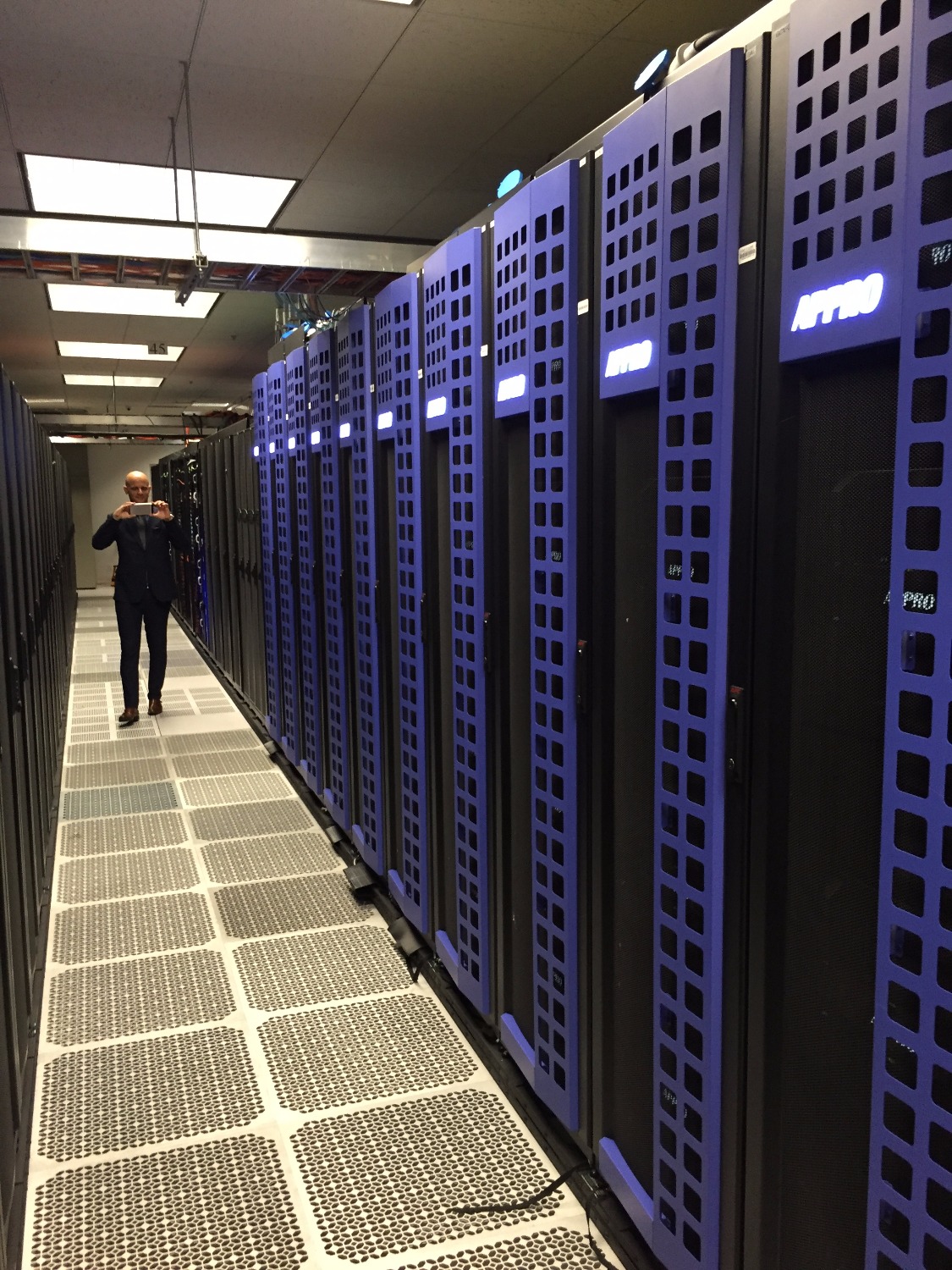Last week AWS announced an aggressive slash to S3 storage prices. Amazon’s ability to continue disrupting the cloud market while maintaining the leadership position is impressive and admirable. A move like this from the 800 pound gorilla in cloud storage forces all players in this market to react and be constantly on their toes. Other cloud storage competitors were in fact quick to respond.
As this move ripples through the market, the obvious winners are the early adopters of cloud, especially those running on AWS who are first to reap the Opex rewards. The losers? Customers who are late to the cloud, customers locked into monolithic underutilized storage systems, and the vendors who support them.
This announcement highlights new risks to IT organizations as they face infrastructure choices:
Capex just became even riskier than Opex
When assessing the net-present-value of different options for an IT project, buying rack-scale systems with high up-front and predictable annual service costs is pleasingly simple. But it’s the wrong choice. AWS’s latest move showed that the cloud prices drop rapidly over time in alignment with the wholesale pricing of system commodities such as HDD's. Traditional vendors will always lag behind this price curve. And customers of their rack-scale systems will lag even further behind, saddled with gear that’s being depreciated from a price level months or years behind current technology! Amazon makes it very clear that utility-based Opex-centric IT models will always be more efficient for the enterprise.
Captive SDS delivers optimal economics and features
Although many SDS vendors have introduced interesting features and products, AWS is the clear leader. But you can't buy their stuff. They are the developer, the operator, and the consumer of their storage technology, and moreover they’ve wrapped around it a disruptive business model and services. No SDS vendor can come close to the impact they are having in the market, thus when it comes to pricing, other vendors must be reactive, following the AWS lead as best they can.
The ability to efficiently scale a storage solution over time is critical
Customers who are buying more storage capacity than they need is the equivalent of stashing bags of cash in a mattress. That resource may be there when you need it, but the opportunity cost of squandering untapped resources in unacceptable in IT today. As storage prices trend predictably downward, CIO’s that care about efficiency must monitor their usage over time, keeping it at an optimum point. With traditional storage, scaling over time while maintaining efficiency and assuring uninterrupted QOS is something of an art. But with cloud storage, there is no scaling risk, there's no QOS risk, so it’s a don’t-care.
Announcements like Amazon’s price reduction will increase the pressure of large enterprises to go to the cloud. For data-intensive applications, the ROI function just became a bit more skewed. Having said that, notice that the base price had dropped but not the metadata listing and most importantly, not the egress costs which are the items that will end up bloating your AWS bill. If anything It highlights the benefits of hybrid use cases for backups and in some use cases, DR.
